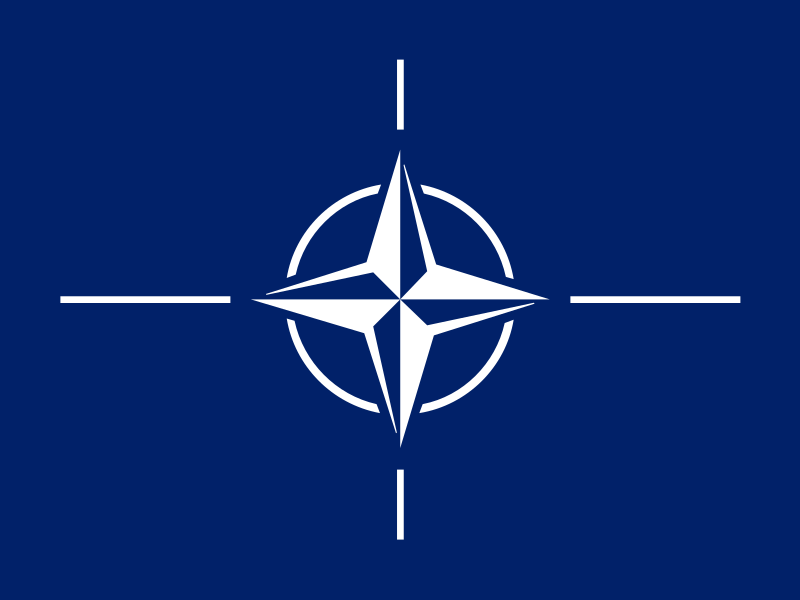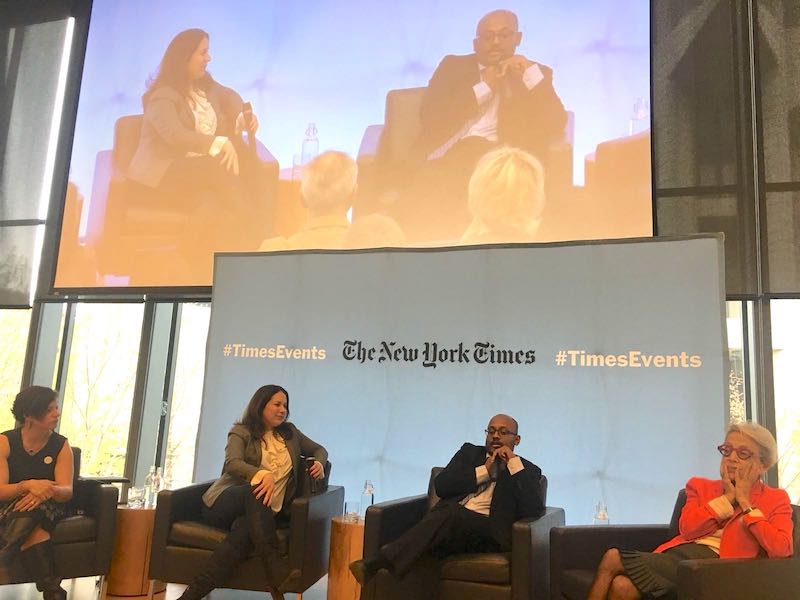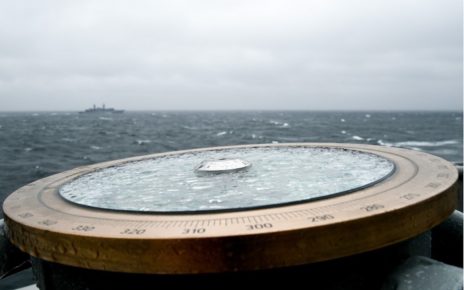What do people think about NATO in distinct regions of the world? The easiest way to answer this question is to look at various NATO opinion polls that have been conducted in different countries over the years.
The United States
As of 2019, 77 percent of Americans say NATO should be preserved. This support has been steadily increasing ever since 1995 when 64 percent of Americans had favorable views of NATO, despite a small three percent dip in support over the last two years. Despite this, the opposition against NATO amongst Americans remains stable (around 20 percent throughout the years). This means that most Americans who did not have any opinion on NATO in the 1990s started supporting NATO in recent years. Polling also shows that 34 percent of Americans believe NATO is more important for other members of the alliance than it is for the US and only 15 percent think it is more important for America. 70 percent of Republicans support NATO, compared to 88 percent of Democrats. Finally, 66 percent say the United Nations plays a necessary role in the world which is a sharp decrease from 1997 (85 percent support).
Canada
As of 2018, 88 percent of Canadians agreed that NATO is important for Canadian security. Overall, 63 percent strongly agreed while 25 percent somewhat agreed. Only 3 percent strongly disagreed and 3 percent somewhat disagreed with the statement. A little more than half of Canadians approve of a nuclear-armed NATO. This strong support of NATO in Canada has been steady over the years. However, there is a clear preference for non-combat roles, humanitarian and peace support missions among Canadians. There is no significant demographic group in Canada which would support an exit from NATO. Therefore, any political party would receive criticism if it suggested that Canada should leave NATO. The New Democratic Party and Parti Québécois used to have strong anti-NATO views, but these views have been abandoned by both parties in recent years.
Europe
Public opinion on NATO is not as positive on the other side of the Atlantic Ocean, which is kind of a paradox as the two North American countries account for about 75 percent of the alliance spending and are committed to defend their European counterparts against Russia and China.
For example, only 33 percent of Greeks and 23 percent of Turks approve of NATO. Surprisingly, 62 percent of Greeks would expect the U.S. to defend Greece if it were attacked but only 25 percent believe that Greece should defend its NATO allies. In France, only 39 percent of citizens support NATO. In Spain, 40 percent of the population views NATO unfavorably. The biggest support for NATO is in Poland and Netherlands where 79 percent of the population approves of NATO.
In addition, 48 percent of Germans believe that they should not defend their NATO allies if Russia invades them, and a majority wouldn’t like Germany to provide military support to the U.S. if it were attacked. Shockingly, 55 percent of Germans consider the U.S. to be a threat to their country while only 16 percent of Germans believe that China is a threat. Additionally, 35 percent of Germans trust Russian President Vladimir Putin.
Non-NATO Countries
Public opinion on NATO in non-member countries presents interesting results. People in countries such as Bosnia, Georgia, Kosovo, or Azerbaijan are more likely to see NATO as a source of protection than as a threat. However, people in countries such as Belarus, Serbia, Moldova, Armenia, Kazakhstan, Tajikistan, or Kyrgyzstan are more likely to see NATO as a threat than a protector. In Ukraine, 43 percent would like to see their country join NATO, 25 percent would like Ukraine to have a neutral status, and 7 percent would prefer a military alliance with Russia and other Commonwealth of Independent States countries. In Sweden, 47 percent of citizens support NATO membership while 39 percent oppose it. In Finland, only 25 percent of people would want a NATO membership while 61 percent would oppose it.
All in all, public opinion on NATO varies by region. The highest support for the alliance can be found in North America. In Europe, the support is surprisingly low but will hopefully increase as more Europeans recognize the worth and importance of NATO to their countries.
Featured Image: “Flag of NATO” (1953), by 475847394d347339 via Wikimedia Commons.
Disclaimer: Any views or opinions expressed in articles are solely those of the authors
and do not necessarily represent the views of the NATO Association of Canada.




